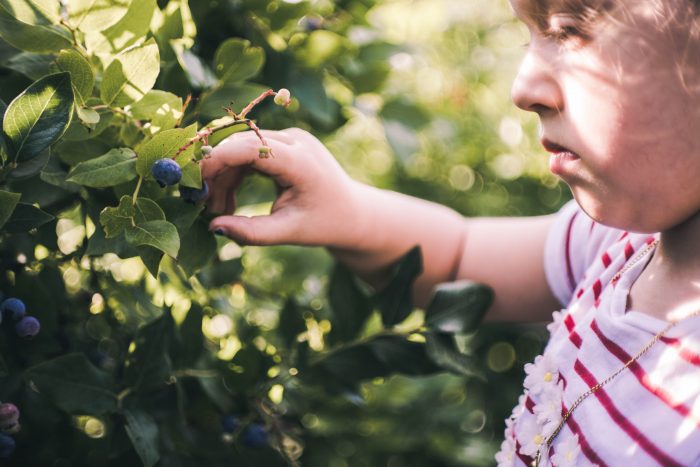By Leah S. Dunaief

Ah! It’s summer.
Yes, there are miserable things happening that we are accosted with in the daily news briefs: congressional hearings, COVID numbers, climate change, warfare, inflation, gasoline price spikes, and so forth. But there is something magical about summer. Maybe it’s a carryover from our school days, when classes and homework ended and we could think about a trip to the beach or lounging in bed in the mornings, that make us feel the specialness of the season.
Come with me, then, as we do some time travel to my elementary school years, and I tell you what summers were like for me.
From first to fifth grades, my mother would visit my teachers in mid-May and get their lesson plans for the rest of the semester and the beginning of the next. She would then take me out of school, and I would not return until mid-September. We would travel to some rustic shack in the Catskill Mountains, a different one each year, where we would spend sixteen weeks in “the fresh air.”
My parents, you see, did not appreciate urban living in the summer, when I recall it used to get hotter than now. Air conditioning only existed in movie theaters, ice cream could only be purchased in bulk from drug stores with freezers, and to get a breeze, one would have to drive really fast along Manhattan’s East Side Highway with all the windows open—that is if one were lucky enough to get a ride in a car.
My dad grew up in the mountains, my mom in Corona, Queens, which she said was so countrified that there were cows on the road when she walked to public school. They keenly felt the inevitable pollution in the summer air and planned the escape for us children and my mom.
It was lonely for me, fresh air not withstanding I would read a lot. Generally, there would be a farm or two within walking distance, and only occasionally was there a child to play with, only my sister, who was two years younger and had Down Syndrome. But my dad and sometimes my much older brother would come up and stay with us on the weekends, and then the pace of life would pick up.
My dad and I would traipse across meadows and climb hills, for the exercise and just for the fun. Sometimes we would see cows grazing, and they would look at us lazily as we went by. My dad always reminded me to stay alert for the presence of a bull and also to watch out for any snakes that might be sunning themselves at the base of the low stone walls that separated the meadows. Should we see a bull in the distance, we should look to climb a nearby tree.
Often we would find wild blueberry bushes, and we carried containers to bring some back to the rest of the family. We picked the berries in the classical way: one for the pot, two for the mouth, one for the pot, two for the mouth. As we moved around each bush, I enjoyed the warm sun on my back and the smell of wheat and grass carried by the soft breezes that caressed us on their way past.
When it was time to return, I would wait for his suggestion that I lead the way, and it always came. My dad hoped I would develop a good sense of direction, especially when the terrain looked the same all around us. He would show me nature’s clues, like moss growing on the north side of tree trunks, as a help to finding my way.
One time I remember getting up early enough to watch the sun rise from the top of the nearby hill. I had never seen the sun rise before then, but the real treat was just being with my dad.





